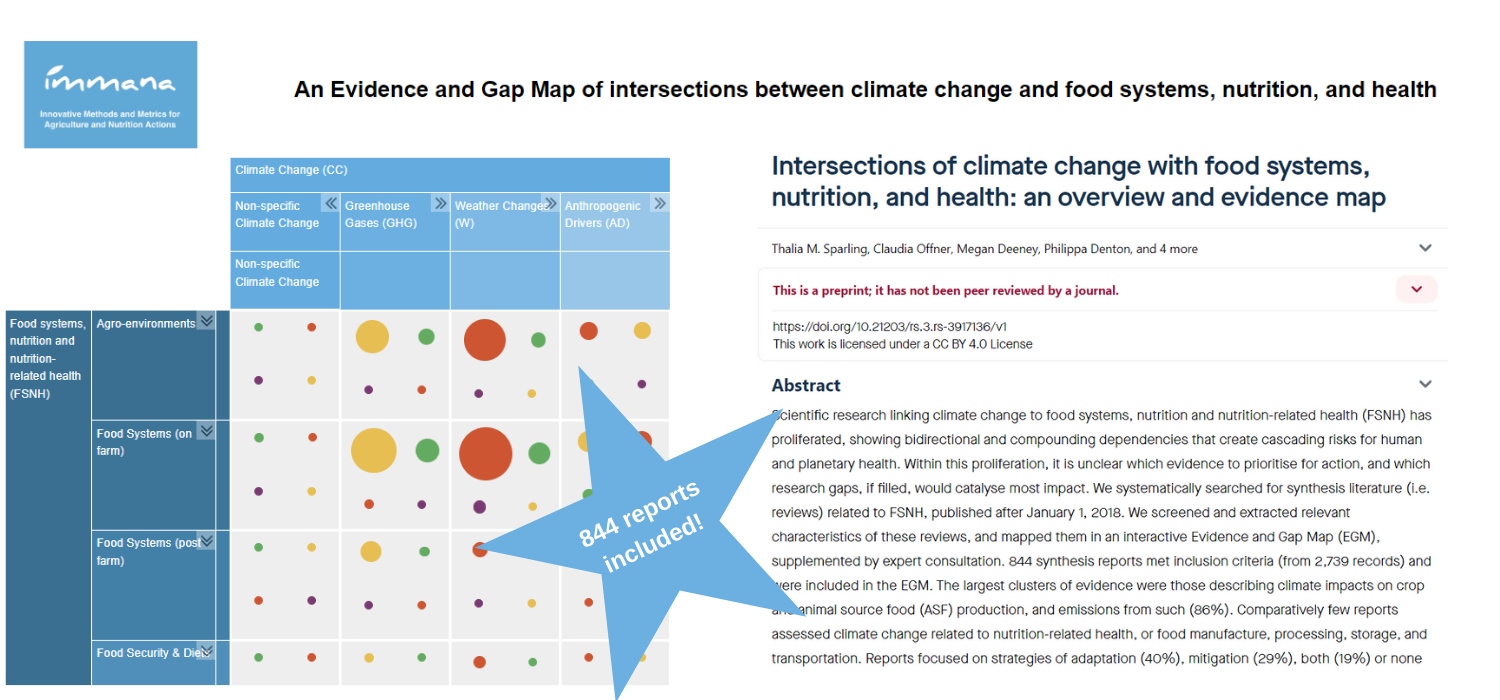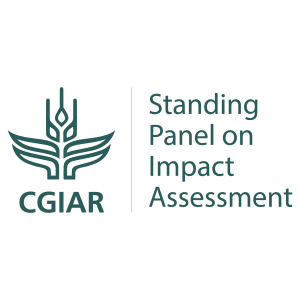
A new paper has been published here in the British Journal of Nutrition from the IMMANA Grant-funded project on Information Communication Technologies (ICTs) based at Natural Resources Institute (NRI), University of Greenwich.
Accurate and timely data are essential for identifying populations at risk for undernutrition due to poor quality diets, for implementing appropriate interventions, and evaluating change. Life-logging wearable cameras (LLWC) have been used to prospectively capture food/beverage consumed by adults in high income countries. This study aimed to evaluate the concurrent criterion validity, for assessing maternal and child dietary diversity scores (DDS), of a LLWC-based image-assisted recall (IAR) and 24-hour recall (24HR) in rural Eastern Uganda.
Read more about this project in this blog post by Andrea Spray.




